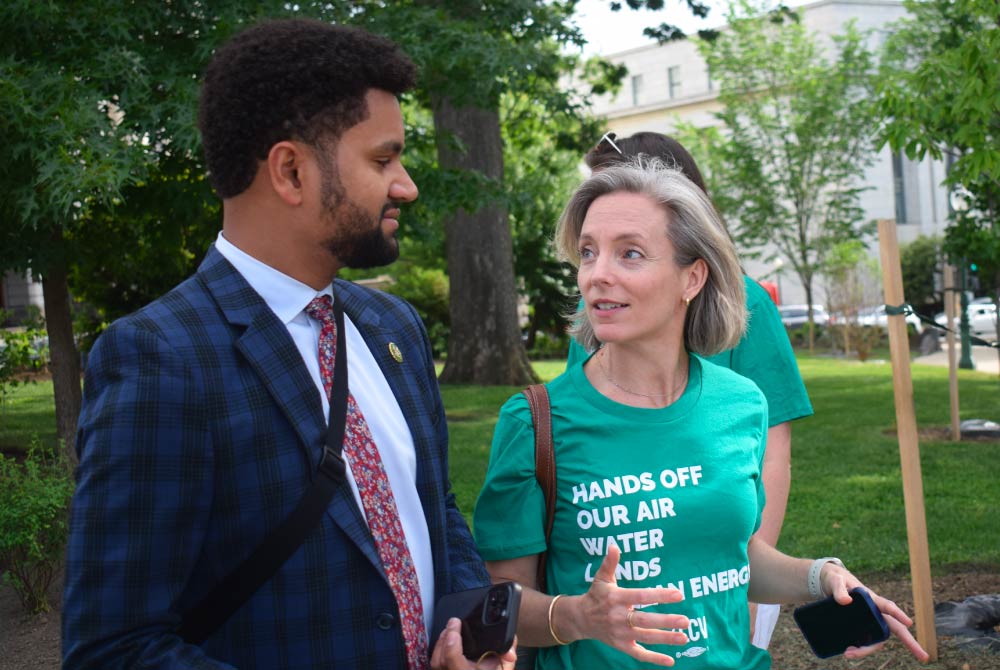
Top 5 Stories Worth Reading – June 2025
Jun 30, 2025
 Credit:
Andrew Charney
Credit:
Andrew Charney
Every Monday, we round up five of the best good climate news stories we’re celebrating. This week we’re covering FEMA’s expanding climate funding, milestones for offshore wind, water restoration and the arts, and the success of plastic bag bans.
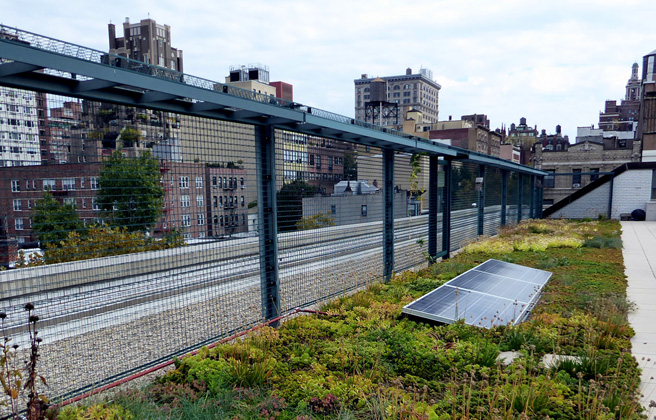
The Federal Emergency Management Agency is expanding funding for projects that address the climate crisis, improve resilience, and cut energy costs, including funding net-zero energy projects for the first time.
Not only will the funding help communities rebuild sustainably after disasters, but it will also fund projects to help reduce greenhouse gas emissions to mitigate some of the risk of extreme weather events in the future.
This announcement furthers the Biden administration’s goal of reaching net-zero emissions by 2050 and ensures that communities affected by disasters can rebuild in a way that will withstand future extreme weather.
Source: FEMA
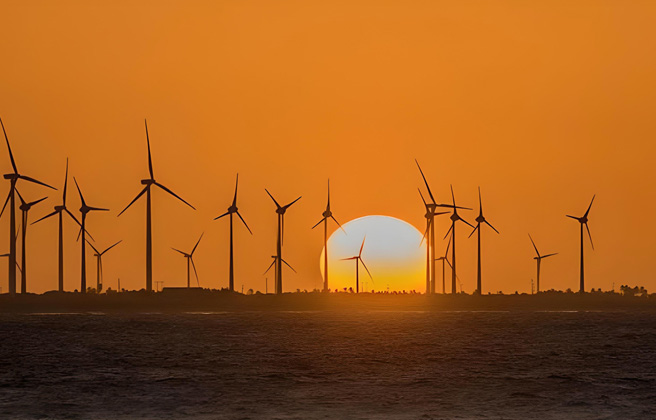
Coastal Virginia Offshore Wind, the largest offshore wind development in the U.S., received final approval from the Bureau of Ocean Energy (BOEM) to begin construction.
Once completed in late 2026, the project off the coast of Virginia will support over 1,000 jobs and provide enough energy to power up to 660,000 homes. Approval of the 113,000-acre, 2.6 megawatt development is an exciting milestone in reaching President Biden’s goal of deploying 30 gigawatts of offshore wind capacity by the end of the decade.
Source: Politico
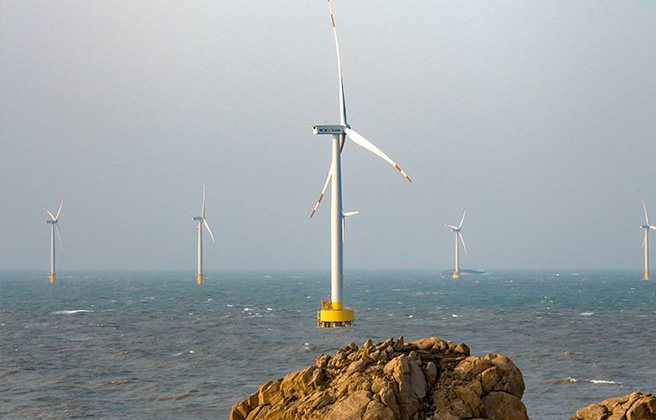
New Jersey has approved two new large-scale offshore wind developments which together will generate nearly 4,000 megawatts of clean energy, or enough to power up to 1.8 million homes. This announcement cements New Jersey’s role as a key state in achieving President Biden’s goal of powering 10 million homes with offshore wind by the end of the decade.
The new developments replace two projects that were abruptly canceled in October with developers citing rising costs.
Source: E&E
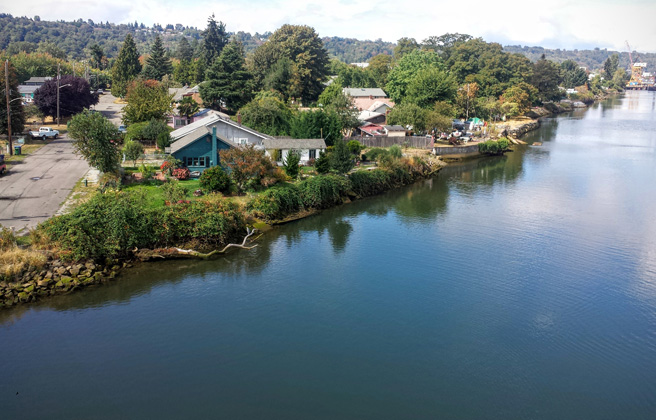
EPA, in partnership with the National Endowment for the Arts, has launched its first-ever artist-in-residence program to raise awareness and strengthen the relationship between communities and water restoration programs.
The initiative will support artists in watersheds in New Mexico, Washington, Puerto Rico, Pennsylvania, Massachusetts, and New York and aims to make water restoration efforts more community-centric.
According to Radhika Fox, EPA’s assistant administrator for water, “arts and culture can be instrumental in raising awareness about water-sector issues.” This program aims to mobilize these forces to come up with creative, community-based solutions to water issues across the country.
Source: E&E

A report from the U.S. PIRG Education Fund and Environment America Research & Policy Center found that single-use plastic bag bans eliminate, on average, 300 bags per person per year.
The study found that in just five locations in the U.S., single-use plastic bag bans have cut plastic bag use by 6 million bags per year. And that is just a fraction of the impact of plastic bag bans. Across the country, 12 states and more than 500 cities currently have some level of single-use plastic bag ban, meaning we are cutting consumption by far more than 6 million bags.
Successfully removing unnecessary single-use plastic bags from circulation is an important step to cutting plastic consumption and creating a cleaner, safer, healthier environment.
Source: Environment America Research & Policy Center
Check out the Power Source Blog and follow us on Instagram or Twitter for more Good Climate News every Monday.